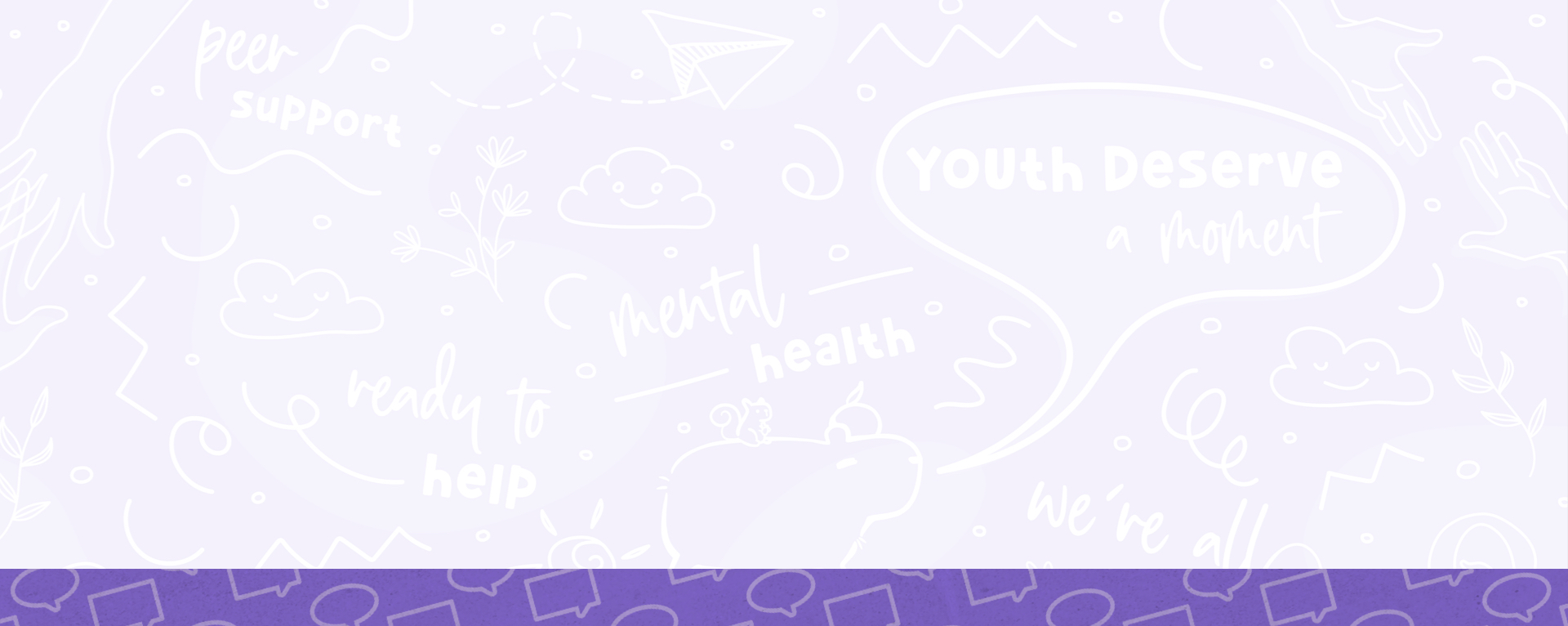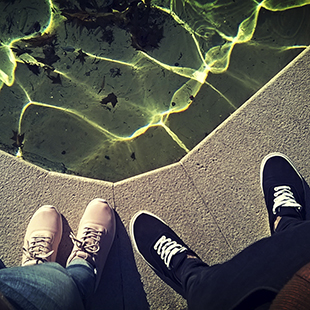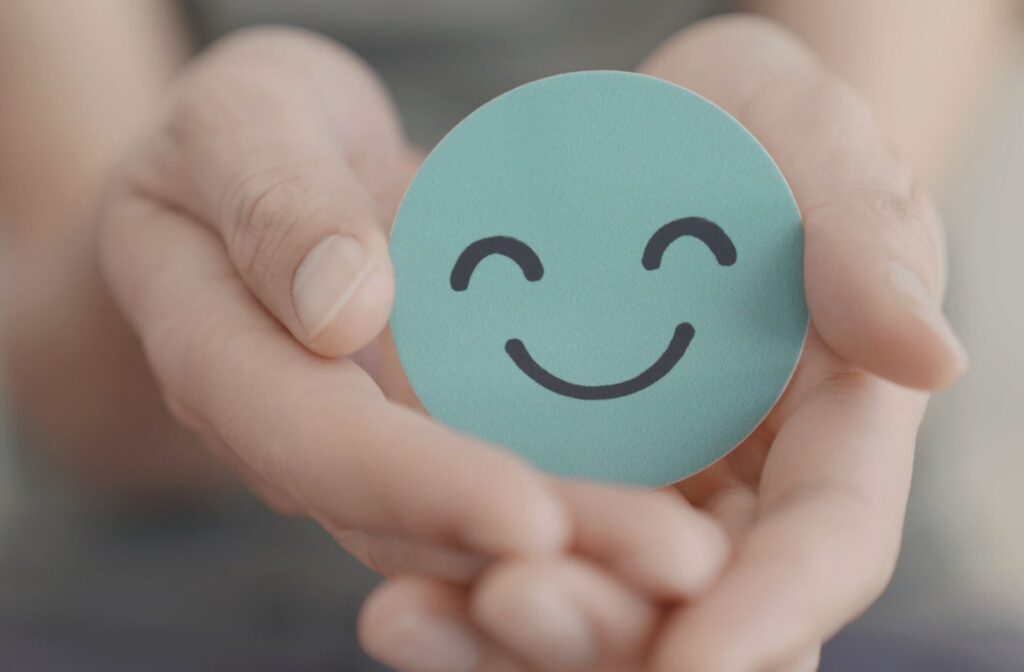Author: Angela Ziegler
Friends mean different things to different people and every friendship is different. Some people like to have just a few close friends, while others like to surround themselves with lots of friends. Either way, you’ve probably had troubles with a friend in the past or are having troubles with one right now. Change and disagreement is normal in healthy relationships and every relationship has rough patches once in a while.
However, there is a difference between a rough patch in a relationship and a toxic friend. Toxic friends are people who make you feel worse about yourself when spending time with them. They do exist, but it can be hard to identify whether a friend is toxic or not. I’ve noticed that these types of articles usually give a list of things that toxic friends often do, but that advice doesn’t apply to everybody. And relationships usually aren’t as black and white as people often make it seem. Toxic friends aren’t completely horrible people; they just might have their own insecurities that they project onto other people, dragging others down in the process.
The best way to tell whether a friendship is toxic is to trust your gut. If you don’t feel good while hanging out with somebody, you don’t need to find any specific reasons to justify your feelings to anyone.
Don’t force yourself to spend time with someone who brings you down.
With that disclaimer out of the way, what is a toxic friend, exactly? I would personally define a toxic friend as somebody who negatively influences your self-esteem or brings down your general emotional state. A true friend will care for you, respect your opinions, and listen to you. There’s a mutual bond of trust, and both people feel comfortable around each other. You generally feel good after spending time with them.
On the other hand, a toxic friend is like a leech: they drain you emotionally. They might not consider your feelings or listen to your opinions, or they might just straight-up make you feel bad about yourself. It’s hard to define what a toxic friend exactly does, because it’s different from case to case. That’s why I mentioned earlier that you really just have to trust your gut above all.
There is a difference between a rough patch in a relationship and a toxic friend.”
Nevertheless, here’s a list of four things (in no particular order) that are common traits of toxic friends. It isn’t exhaustive, but it can give you a good idea of what a toxic friend is like.
1. They are quick to point out your flaws
Usually, a good friend will be positive and help to bolster your self-esteem. But toxic friends may (intentionally or unintentionally) pick out your insecurities and actually make you feel worse about yourself.
2. They only want to talk about themselves, and won’t listen to you
In a healthy relationship, both people should be able to confide in and trust each other. But it has to go both ways: if your friend doesn’t seem to be interested in listening to you, that’s not a good sign. You may be fine with listening to your friend most of the time, but it’s not a good sign if they won’t listen when you do want to say something.
3. They are very envious
I don’t like to make sweeping statements like this, but jealousy is never a good thing to have too much of in a relationship. It can really erode away at the bond of trust between two people. If your friend is constantly comparing themselves to you, or being bitter at your accomplishments, that can quickly make a relationship toxic. On the flip side, though, recognize if you are feeling envious of your friend. It doesn’t mean that you’re a bad person, but constantly feeling envious of your friend might not be good for the both of you.
4. They pressure you to do things that you don’t want to do
This is a sign that your friend doesn’t have much concern for your opinions and feelings. They might just really want to share something that they are passionate about with you, but that doesn’t mean that they can force you to do anything that you don’t want to. If they keep pressuring you, even after you make it clear that you aren’t interested, it suggests they value their interests more than your feelings.
Remember that the above list is just a few things that could be a sign of a toxic friend. It’s different for every friendship, and you have to go with your own feelings above all. If you do think that one of your friends may be toxic, it’s okay if you decide to spend less time with them. You could talk to them and tell them how you feel, or you could just start investing more time into other, healthier, relationships.
If you need any help with relationships, talk to us.
























